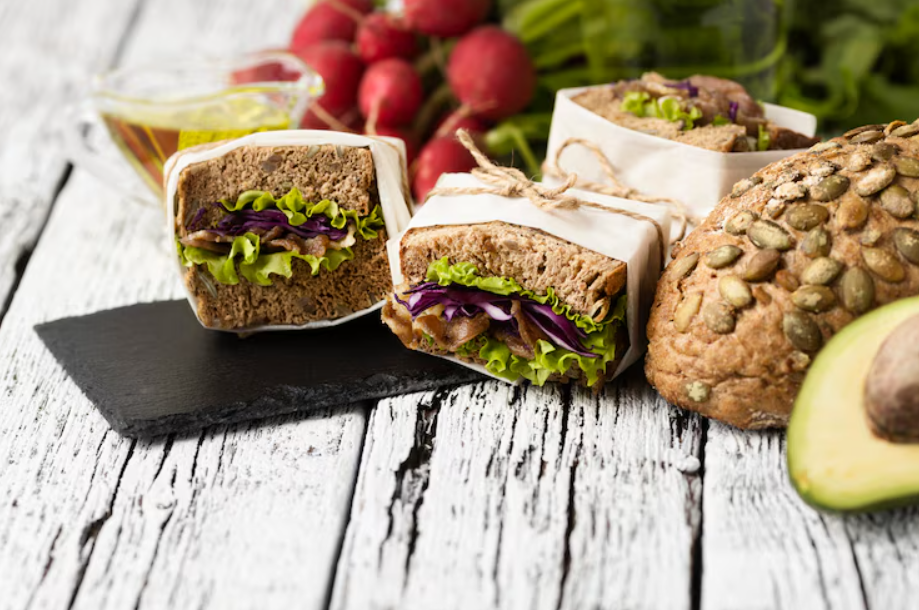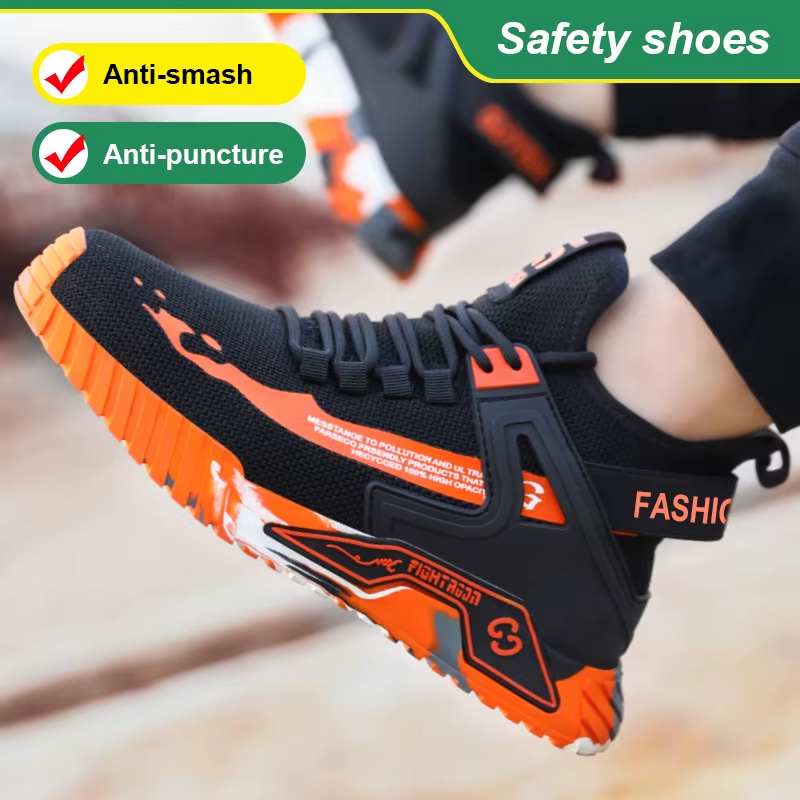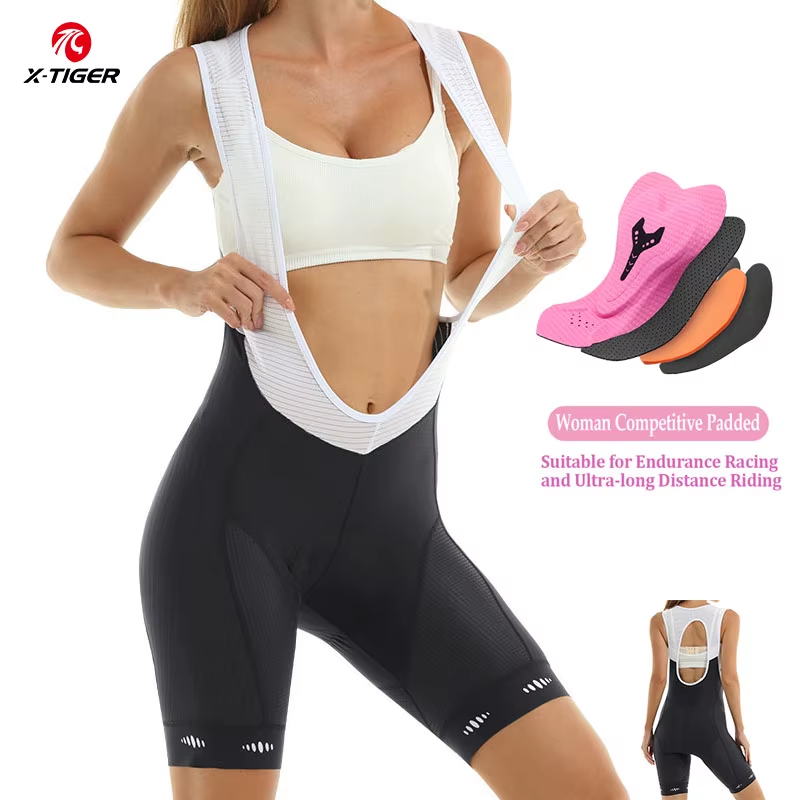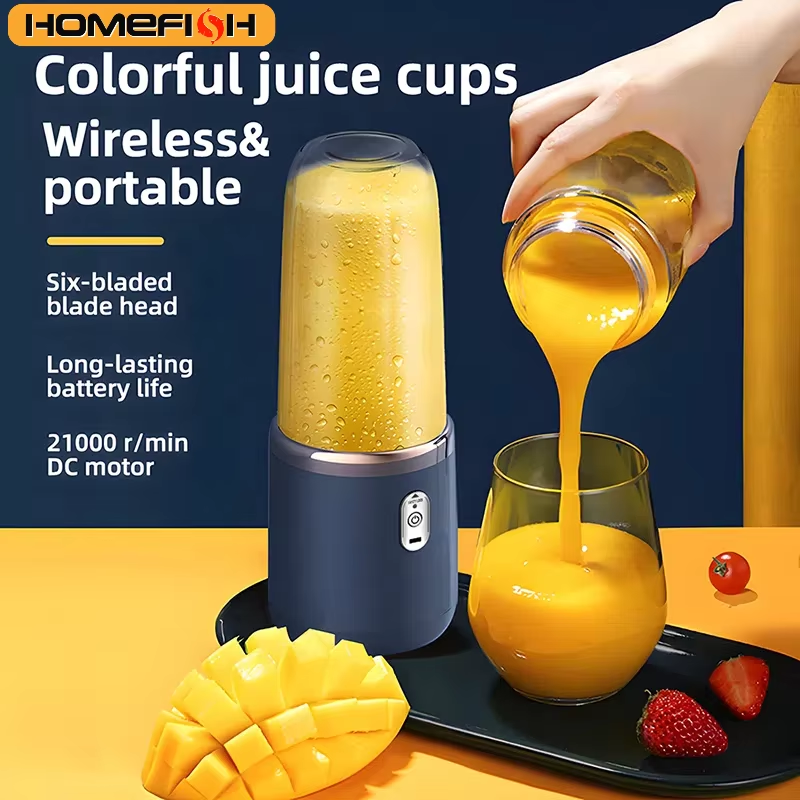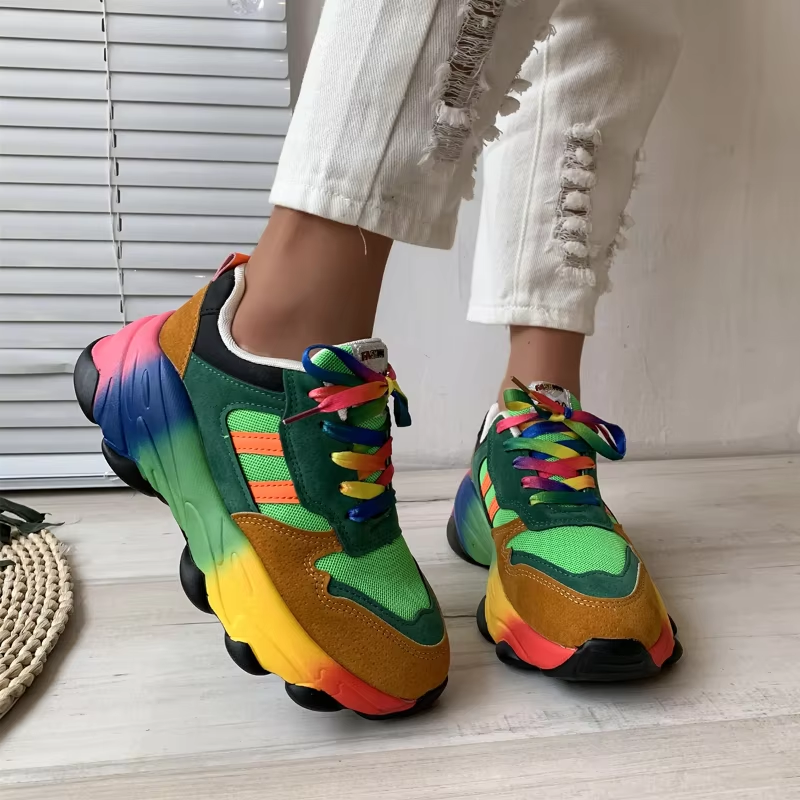100% vegan means the product, food, or lifestyle contains no animal ingredients or byproducts and involves no animal exploitation at any stage—whether in ingredients, production, or testing. 🌱✨
✅ What Counts as 100% Vegan?
🥗 Food:
- Made entirely from plants, with no:
- Meat, poultry, fish
- Eggs or dairy
- Honey or bee pollen
- Gelatin, lard, or animal-derived additives (like rennet or casein)
Examples:
- A quinoa bowl with roasted veggies, chickpeas, and tahini
- Almond milk smoothie with banana and peanut butter
- Vegan pizza with plant-based cheese and veggie toppings
🧴 Personal Care & Beauty Products:
- Free from ingredients like:
- Beeswax
- Lanolin (from sheep wool)
- Carmine (from crushed beetles)
- Collagen or keratin (animal-derived)
- Not tested on animals
Look for: Certified vegan + cruelty-free labels 🐰
🛍️ Clothing & Accessories:
- No:
- Leather
- Wool
- Silk
- Down feathers
- Suede or fur
Vegan alternatives: Canvas, faux leather, cork, recycled synthetics, cotton, and bamboo.
❌ What Is Not 100% Vegan?
Even if it seems plant-based, some hidden animal ingredients can include:
- Whey or casein in protein powders or “non-dairy” items
- Shellac (from insects) on candy or produce
- Isinglass (from fish bladders) in some wines and beers
- Vitamin D3 from lanolin (in some fortified cereals)
💡 Pro Tip:
To be 100% vegan, the product should avoid animal use entirely—not just in ingredients, but also in sourcing, testing, and ethics.
Would you like a printable “100% vegan grocery list” or a quick guide to spotting hidden animal ingredients? I can whip one up for you! 🌿🛒
